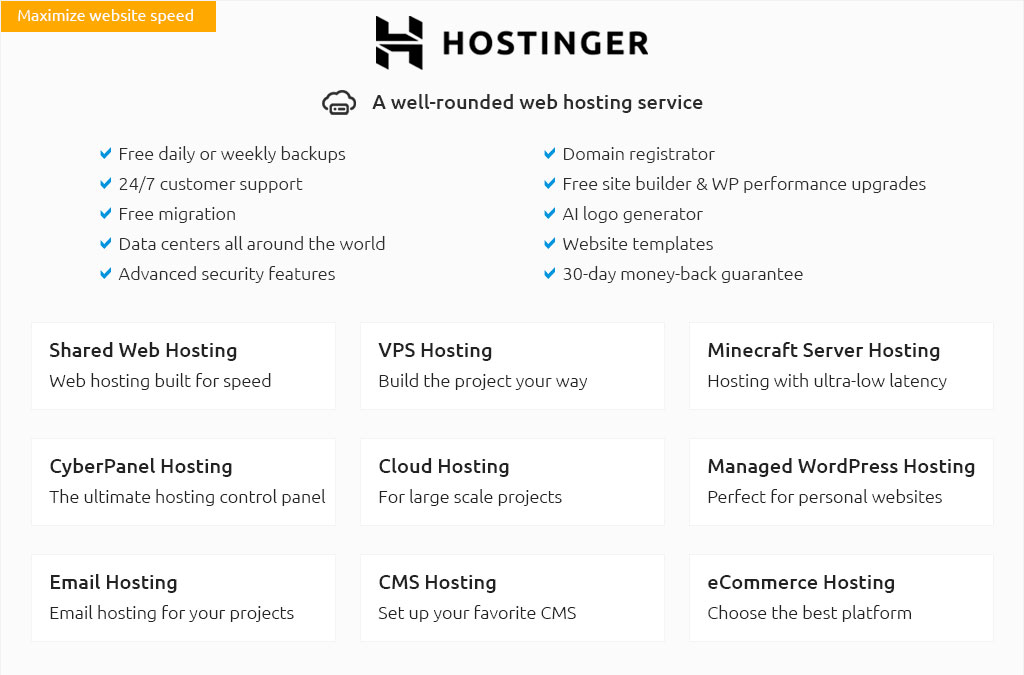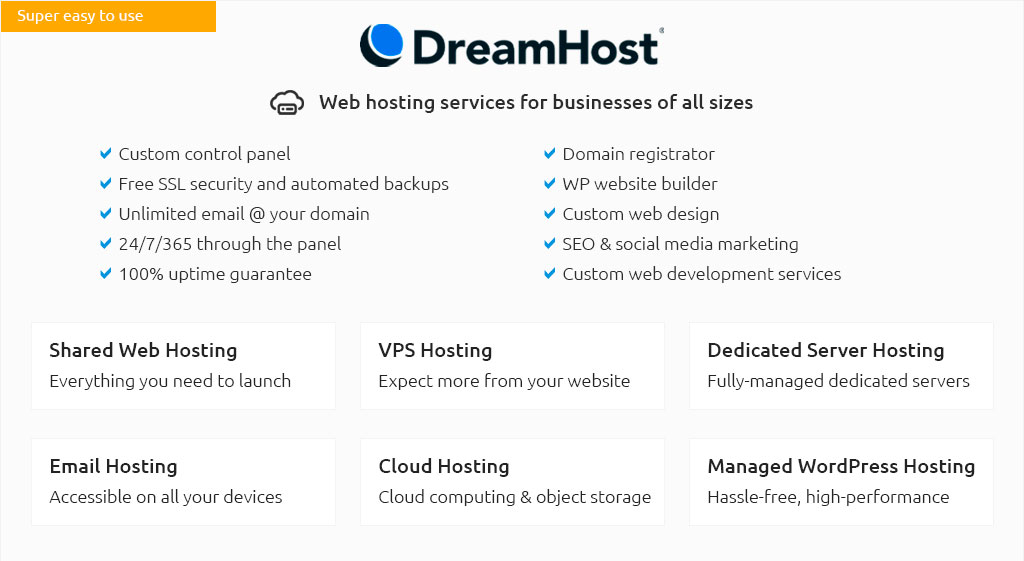 |
|||
 |
 |
 |
|
 |
|
 |
 |
 |
|||
 |
|||
 |
|||
 |
|||
 |
 |
|
Unlock the power of the internet with our definitive 'Web Hosting Reviews' – the ultimate resource for discerning website creators who refuse to settle for mediocrity; discover the crème de la crème of 'Website Hosting Providers' as we cut through the noise with razor-sharp insights, unbiased comparisons, and in-depth analyses that highlight the champions of reliability, speed, and support, empowering you to make informed decisions with confidence and elevate your digital presence to unprecedented heights.
https://www.greengeeks.com/
The Internet is a huge polluter of the environment. Start hosting your website on the world's leading eco-friendly web hosting provider and make a positive ... https://www.youtube.com/watch?v=3_ozCPwcojA
... site you're running. Today, I'll break down four of the best hosting providersHostinger, Bluehost, HostGator, and Scalacovering their ... https://www.quora.com/Which-is-the-best-web-hosting
Currently, the best web hosting companies include Bluehost, SiteGround, and WP Engine. They offer a range of hosting solutions, including shared, VPS, and ...
|